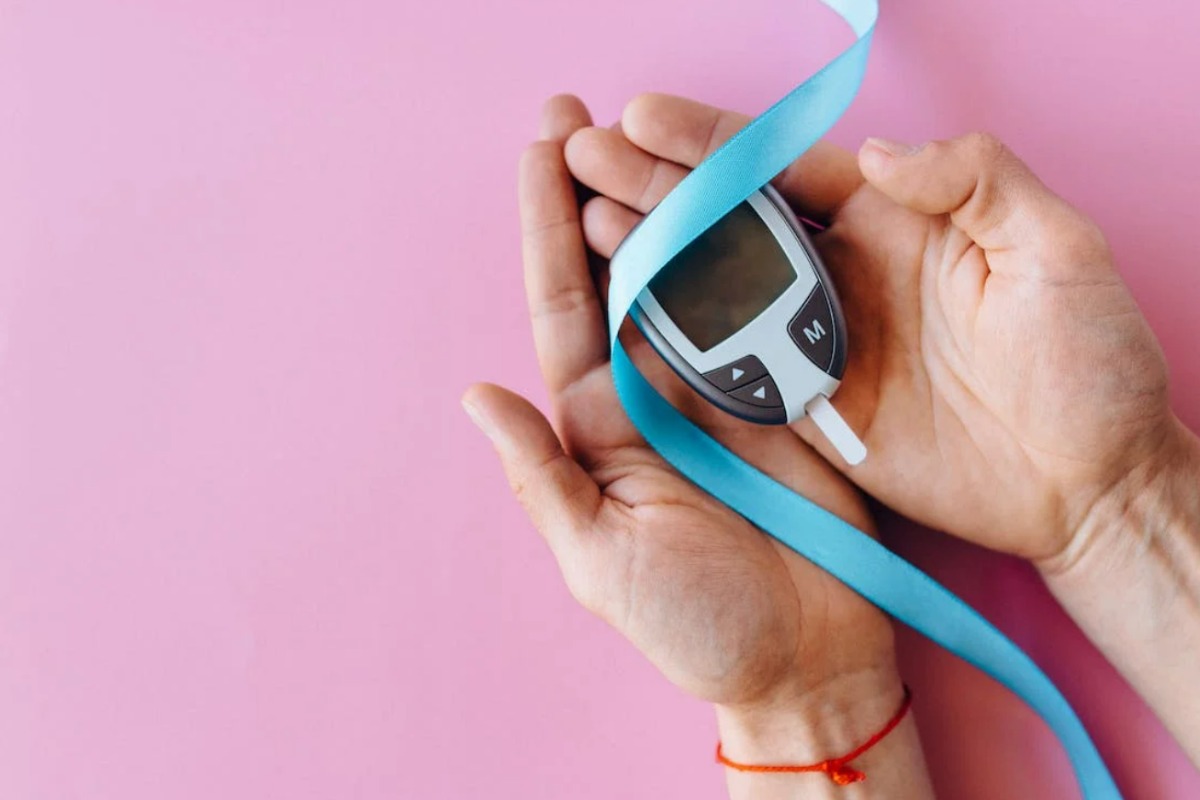Dropping Sugar Level: The brain needs to function at its peak. If your body is not getting enough glucose, it can cause your brain to function abnormally. However, a lack of glucose in the bloodstream can lead to symptoms like dizziness, confusion and loss of concentration. This article lists 4 major signs that can indicate a drop in sugar level and how you could solve this problem.
According to a diabetic professional named Tandem Diabetes, “When the body absorbs food, blood sugar goes up and the pancreas secretes the hormone insulin so the food can be digested and converted into energy.”
Table of Contents
Fatigue
If you are constantly tired and your energy levels are low, it may be due to a blood sugar drop. In fact, fatigue is one of the most common symptoms of hypoglycemia (low blood sugar).
Many people with this condition have already experienced it on multiple occasions—they may have awakened early in the morning with an anxious or uneasy feeling in their stomach, along with extreme weakness and headaches. Moreover, if you eat a large meal at night and don’t get enough sleep afterward, chances are that you will wake up tired during the day because your body needs more time to digest everything eaten before returning to sleep again.
Feeling exhausted after meals is also common for people who suffer from diabetes mellitus type II because their bodies cannot produce enough insulin when eating carbohydrates such as bread or pasta, which results in hyperglycemia (high blood sugar).
Headache

Headache is a common symptom of low blood sugar. If you have low blood sugar and feel tired, you may get a headache to top it all off.
The good news is that headaches are treatable with food!
If you’re experiencing a headache due to low blood sugar, go grab something sweet like an apple or some dried fruit and eat it. Your body needs fuel after all this exertion, so eating something high in natural sugars will help restore your energy levels back up again.
Sweating
Sweating is another common sign of low blood sugar. That can occur anywhere on the body, but it’s most likely to remain seen on the palms, armpits and forehead. It’s not usually accompanied by a change in skin color (a common misconception) or faintness.
Sweating remain often one of the first symptoms experienced by people with diabetes, but it can also remain a symptom of other conditions such as hypothyroidism or anxiety attacks. If you find yourself sweating more than usual for no apparent reason, contact your doctor for an examination.
Mood Swings
If you’re experiencing mood swings and irritability, your blood sugar may have dropped. Mood swings can remain caused by low blood sugar as well—so it’s important to keep track of how your body feels during a low blood sugar episode (as well as how you feel when it’s not). If this continues for more than a few days, or if the mood swings are severe enough to affect your daily life, please talk to a doctor about what type of treatment might work best for you.
You are feeling tired, have a headache and feel like you have a fever, it could be that your sugar level is too low. If this happens often, it may be time for you to have your blood tested by a doctor.

